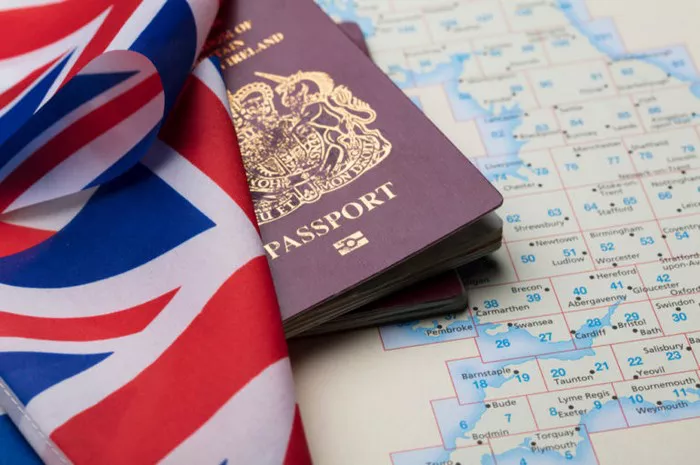The United Kingdom is renowned for its rich history, vibrant culture, and thriving economy, making it a popular destination for tourists, students, and professionals alike. However, gaining entry into the UK requires obtaining the appropriate visa, each designed to accommodate different purposes of travel and stay. With the ever-evolving immigration policies and regulations, navigating the visa landscape can be daunting. Therefore, it is crucial to understand the various types of visas available for individuals wishing to visit, study, work, or settle in the UK.
Visitor Visas
Visitor visas are designed for individuals who wish to enter the UK for short stays, typically for tourism, visiting family or friends, or conducting business. There are several categories of visitor visas:
1. Standard Visitor Visa: This visa allows individuals to stay in the UK for up to six months for purposes such as tourism, visiting family or friends, or receiving private medical treatment.
2. Family Visitor Visa: Specifically for individuals who intend to visit family members in the UK for up to six months.
3. Business Visitor Visa: For individuals who need to visit the UK for business-related activities such as attending meetings, conferences, or training sessions. This visa typically allows stays of up to six months.
Student Visas
The UK is home to some of the world’s most prestigious educational institutions, attracting students from across the globe. Student visas are designed for individuals who have been accepted into a recognized UK educational institution. The main categories include:
1. Tier 4 (General) Student Visa: This visa is for students aged 16 or over who wish to study in the UK at a registered institution. It is typically granted for the duration of the course, with additional time for graduation ceremonies or holidays.
2. Tier 4 (Child) Student Visa: Similar to the Tier 4 (General) visa but designed for children aged 4 to 17 who wish to study at an independent school in the UK.
Work Visas
For individuals seeking employment opportunities in the UK, there are various work visas available, each tailored to specific categories of workers and skill levels:
1. Tier 2 (General) Visa: This visa is for skilled workers who have received a job offer from a UK employer with a valid Tier 2 sponsorship license. Applicants must meet certain eligibility criteria, including English language proficiency and proof of maintenance funds.
2. Tier 2 (Intra-company Transfer) Visa: Designed for employees of multinational companies who are being transferred to a UK branch of the same organization.
3. Tier 5 Temporary Worker Visa: This visa allows individuals to work in the UK for a temporary period, typically for up to 12 or 24 months, depending on the specific category, such as charity workers, creative artists, or sports professionals.
Family Visas
Family visas are available for individuals who wish to join their family members in the UK. The main categories include:
1. Spouse or Partner Visa: For individuals who are married to or in a civil partnership with a UK resident or British citizen.
2. Parent of a Child Visa: Allows parents to join their child who is a British citizen or settled in the UK.
3. Child of a Settled Person Visa: For children under the age of 18 who wish to join a parent or relative who is settled in the UK.
Settlement Visas
Settlement visas, also known as indefinite leave to remain (ILR) or permanent residency, allow individuals to live and work in the UK without any immigration restrictions. The main categories include:
1. Indefinite Leave to Remain (ILR): Granted to individuals who have lived in the UK for a specified period under a qualifying visa category, such as work or family visas.
2. British Citizenship: After holding ILR status for a certain period, individuals may be eligible to apply for British citizenship, which grants them full rights and privileges as British citizens, including the ability to vote and hold a British passport.
Conclusion
Navigating the complex landscape of UK visas requires a clear understanding of the various types available and their respective eligibility criteria. Whether you are planning a short visit, pursuing educational opportunities, seeking employment, or joining family members, there is a visa category to suit your needs. However, it is essential to carefully assess your circumstances and consult with immigration experts to ensure a smooth and successful application process. By understanding the different types of visas and their requirements, individuals can make informed decisions and embark on their journey to the United Kingdom with confidence.


